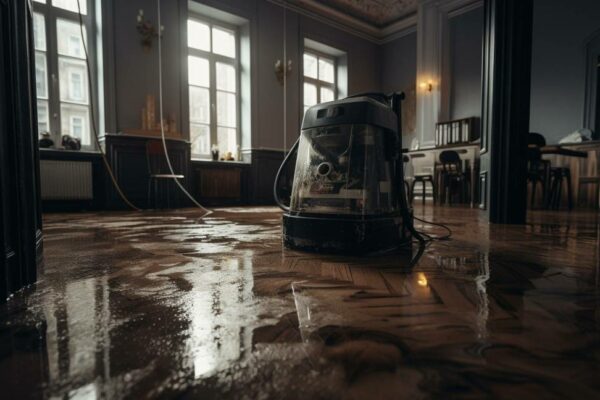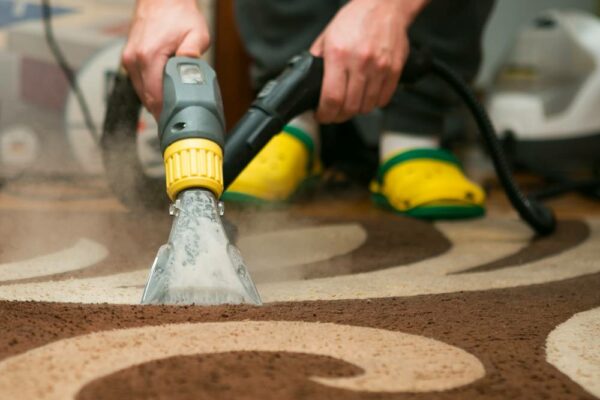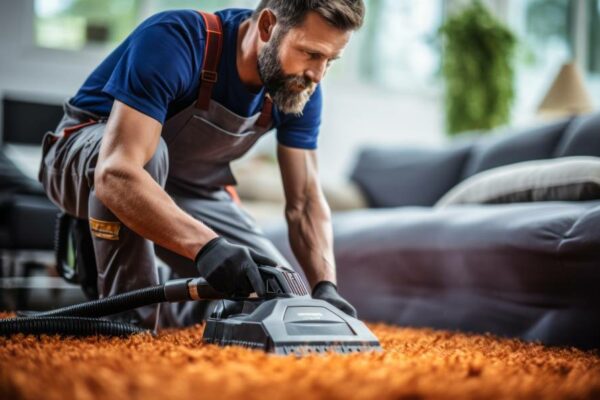3 Tips for Preventing Water Damage in Your Home
March 28, 2022
Almost all homeowners are anxious to keep water damage from happening to them. Water is only intended to be present in a regulated manner within the building structure—in supply pipes, drain pipes, sinks, and basins, among other places. In crawl spaces, basements, floors, and walls, water should never be allowed to accumulate. However, you should know that basic fixes can help you avoid everything from little water damage to serious water damage requiring costly contractor work in the future.
Type of Damage Water Can Do
Water damage does not necessarily occur as a result of major occurrences such as storms or floods. Pinhole-sized leaks in pipes, improperly graded soil, clogged gutters, and a sump pump that refuses to turn on are all common causes of property damage. Most water damage is caused by simple remediable defects that most do-it-yourselfers may correct well before a problem arises.
Water damage to a home may be devastating. Even a slow leak will damage drywall and studs, cause black mould, and eventually undermine important structural parts such as joists and beams if left unattended. The easiest approach to avoid damage and flood repair is to stop leaks before they even start.
-
Prevent Basement Seepage
Re-seal the cracks in your basement. Water in the basement is frequently produced by cracks in the foundations of buildings or the floor slabs of floor slabs. If you detect water seepage in your basement after a hard rain when you’ve never had an issue before, it’s possible that your once-waterproof cement flooring and basement walls have begun to degrade. Water sealant can be applied to susceptible places to keep them from leaking.
Check to see that water is draining away from the structure. Because the earth has settled in such a manner that water is forced to flow toward the building, seepage is increased even more. If there is a storm, and especially if the earth is already moist, rainfall that flows towards the structure will run down the outside of the foundation wall and may enter the building through any breaches in the wall. Install a backwater valve to prevent flooding.
-
Inspect Roof and Rain Gutters
Your home will almost certainly experience water damage if it does not have a weather-tight roof. Roof systems can leak in a variety of ways, even if there isn’t a catastrophic roof collapse. Begin by placing a ladder against your house and walking across the roof before bad weather arrives, examining and fixing any shingles that may allow water to enter the house is key. Look for overgrown moss that can make its way beneath the shingles and any tree branch damage.
Water overflowing over clogged gutters erodes the soil around the home, putting the foundation at risk. Water may cause damage to walls and floors if it leaks through foundation walls. Cleaning your gutters and downspouts once or twice a year, compared to the cost of hiring a contractor is the easiest way to avoid all of that water damage. Clear any ice dams as soon as they form. Install ice dam protection around the perimeter of your roof to keep water from backing up and seeping into your attic.
-
Monitor Water Pressure
An electronic water leak detection system that is installed directly on the main water supply line to the residence is a more current technique of testing for water loss. Water flow, pressure, and temperature are all monitored via sensors. Leaks and ruptured pipes are detected early on before they cause significant damage. Some of the products may turn off the water flow when this happens.
Other news

How To Extract Water from Carpet
December 22, 2023
Water getting into your home can happen in different ways – floods, spills, or leaks are the usual suspects. Floods can soak carpets in water really quickly; spills are mostly accidental and con...
Read the article
How Long Does It Take to Repair After a Flood?
November 21, 2023
Floods are one of the most devastating natural disasters that can affect a community. They can cause significant damage to homes, businesses, and infrastructure, leaving people displaced and strugglin...
Read the article
How Long Would a Carpet Take to Dry?
October 19, 2023
When it comes to cleaning carpets, one of the most common questions that people have is how long it would take for the carpet to dry. After all, a wet carpet can be a major inconvenience and can also ...
Read the article